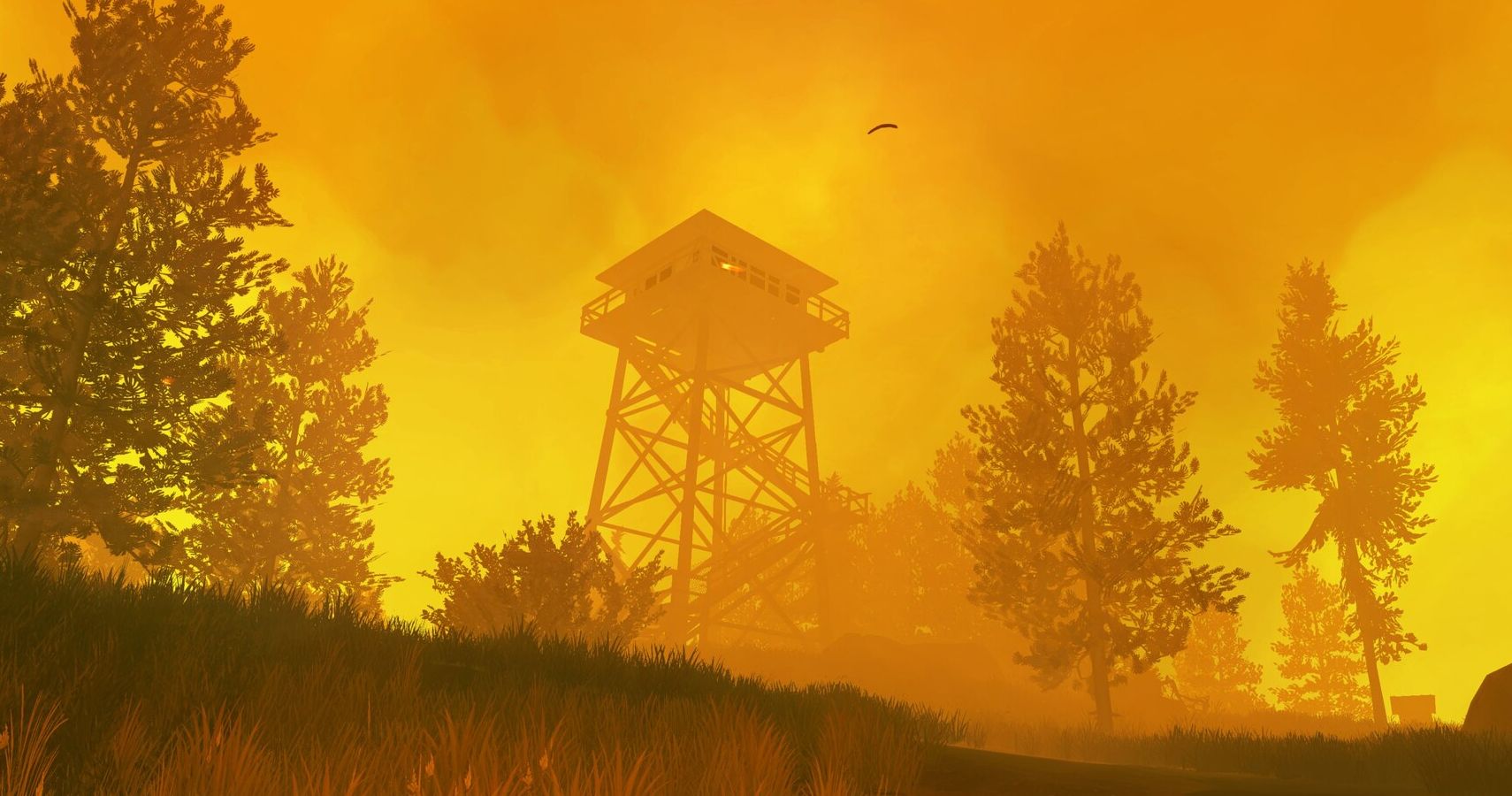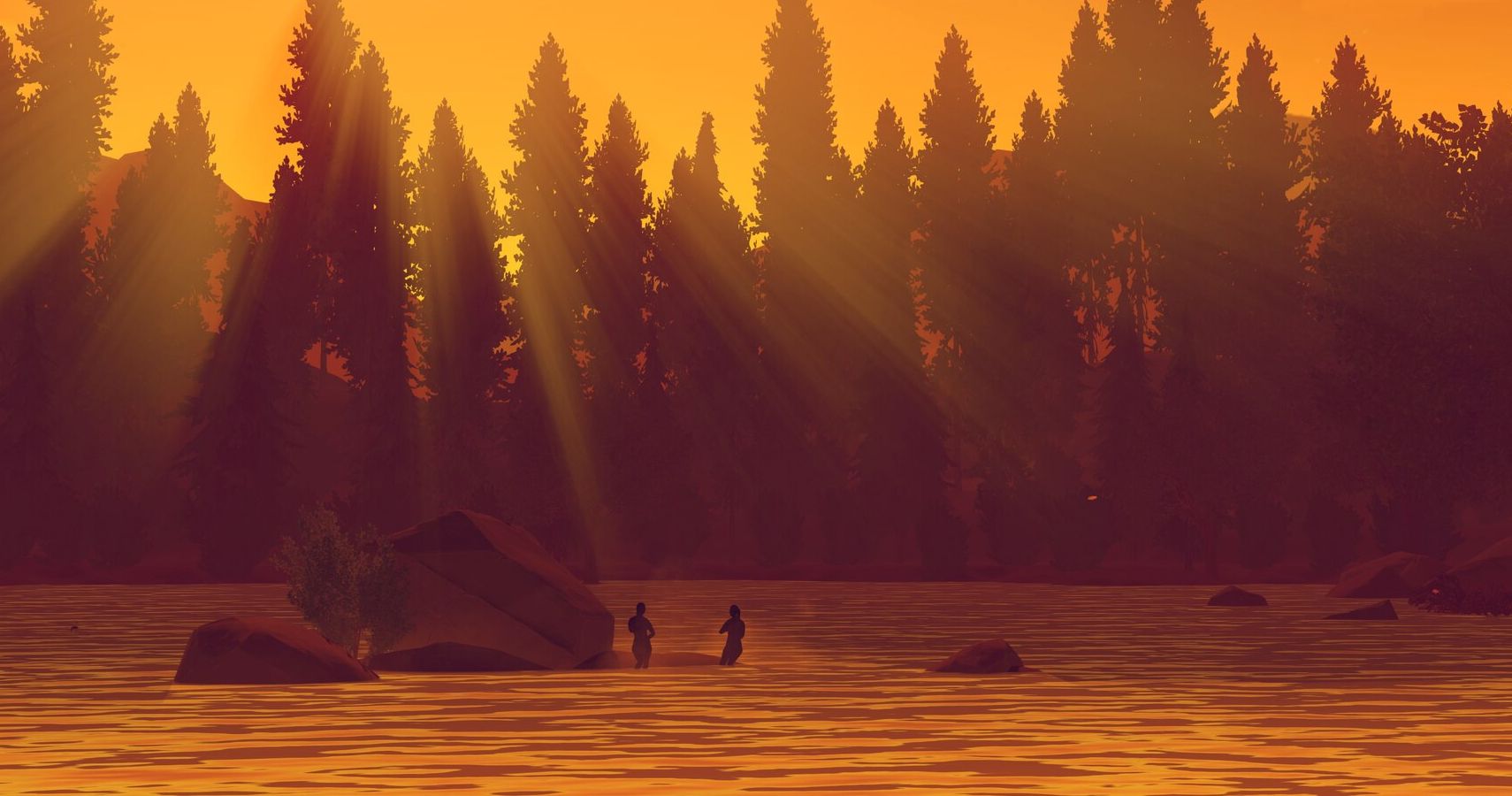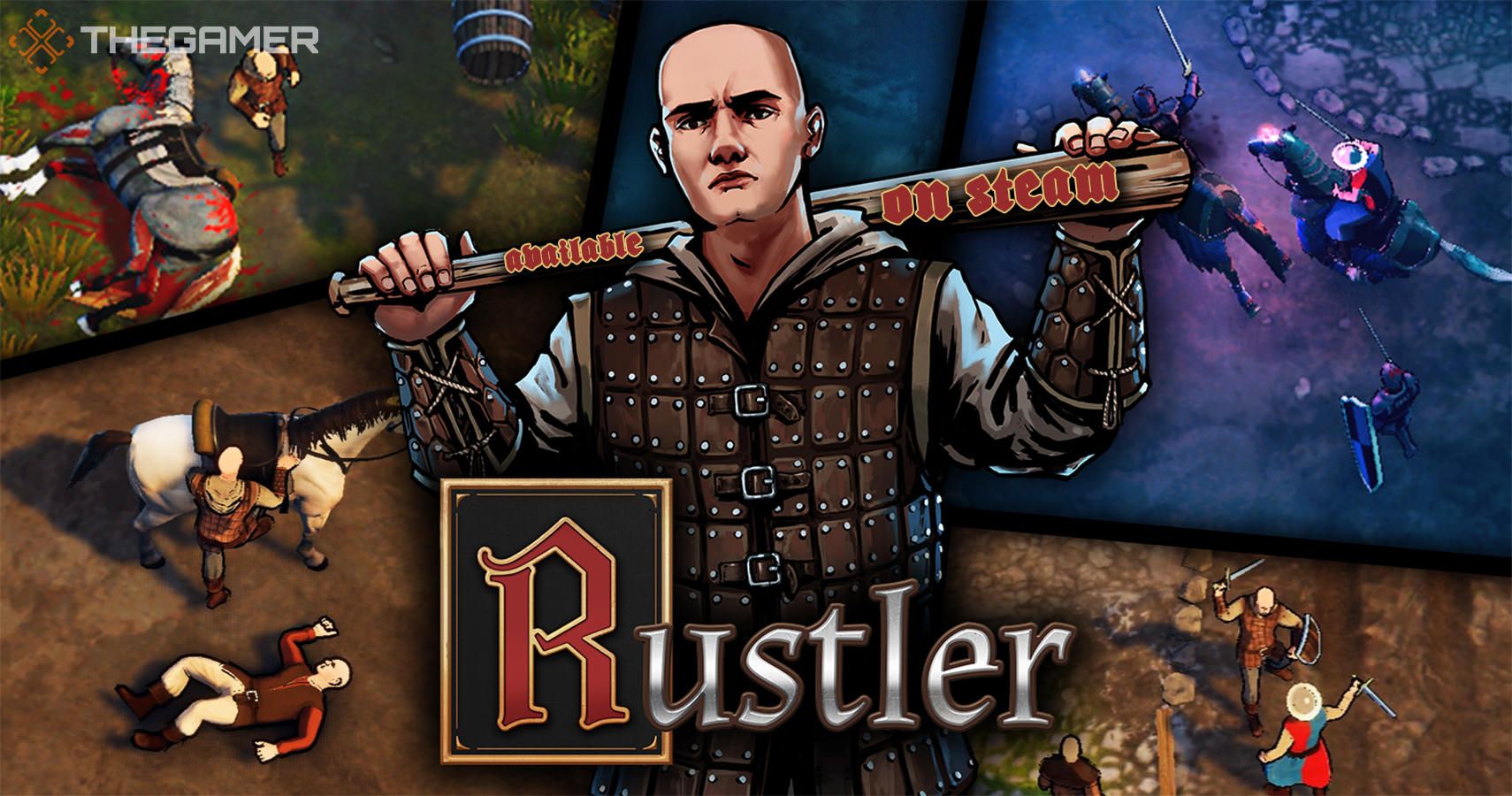Firewatch is celebrating its fifth anniversary this year, and so I finally decided to delve into this beloved indie modern classic for the first time. It was a treat – a masterclass in storytelling, atmosphere, and thrills. Subtly was key for Firewatch, and it paid in dividends.
Yet, when I scoured the internet to see how people responded to its ending, I discovered a collective sigh of disappointment – people expected grand conspiracies, robots, governmental influence, and far-fetched wishes of complication. Some even just wanted to meet Delilah in the flesh. When I got to the end, I sat there – yes, disappointed – but it felt right. It was an ending that fit Firewatch perfectly, so much so that any of those theories and wants from others would’ve sullied the build-up and journey.
The ending is, for all intents and purposes, mundane. That’s life. You crawl on this journey, living out in the forest to hide from your problems for months, striking up a conversation with a woman on the walkie to discover a blossoming chemistry of back-and-forth riffing until, after mere days, it’s like you’ve been lifetime friends. It’s charming, infectiously so, and when you naturally end up in the thick of an unraveling mystery that puts you in danger, that breakdown of trust and banter is upsetting: can’t we go back to the good old days? And when you expect, after begging her to stay and wait for you, to finally meet her and return to that normality… she’s gone.
Rather than seeing her, you see her tower. Here is where she’s sat this entire time talking to you, gathering mementos, things you’ve discussed. Remember that pond with the pole and no sign? The one that Delilah reminisced about with teens stealing it for their dens? You see that very sign in her room and even the drawing she did of you as you described yourself over the comms. It’s like walking into her mind, seeing her personality sprawled across the canvas that is her living space. It’s the best way to truly see the journey you’ve gone on and it’s a perfect representation of the friendship that developed, told in one small space. It’s beautiful, and seeing her would’ve cheapened that entirely.
The ending isn’t just about seeing Delilah, though. There’s that aforementioned conspiracy that made you feel like you were in some kind of unbeknownst experiment where, in reality, it was a dad hiding in the woods after his son died due to his negligence. He’s fearful of someone discovering the truth so much so that he blackmails, taunts, and stalks. It’s unnerving, sure, and clues lead you to believe it’s something so much more. Isn’t that an eye-opening revelation into our desire for bigger things when, as it is true to life, it’s oft something easily explainable? All along, Delilah talked of the boy and his father who just up and left without a word, without a trace. It was always right in front of us but we got caught in that excitement of something more.
Given that Firewatch, from start to finish, is about that normality and that mundane, it’s a perfect twist. It subverts expectations in a way that makes you think, “Yeah, that makes sense. Why did I think it was something so extreme?” The extreme never added up. And there are some parts left unknown that can be figured out – how does he know so much about Julia, things that Delilah doesn’t? Well, the notes that Henry writes but never sends. The science camp? Probably an abandoned actual science camp that the dad manipulated to embellish the truth. The reality is, there’s a man hiding from all his troubles in the woods, not unlike Henry. It’s poetic, in a way, and I wouldn’t change it for the world.
Next: Marvel Artist Mocks Up The Last Of Us HBO Poster With Announced Cast
- TheGamer Originals
- Firewatch
Cheerio! That’s what everyone thinks Brits say, right? James is a Newcastle University student from, funnily enough, Newcastle, England. He’s been gaming for as long as he can remember, from Half-Life to Thomas the Tank Engine.
Source: Read Full Article


